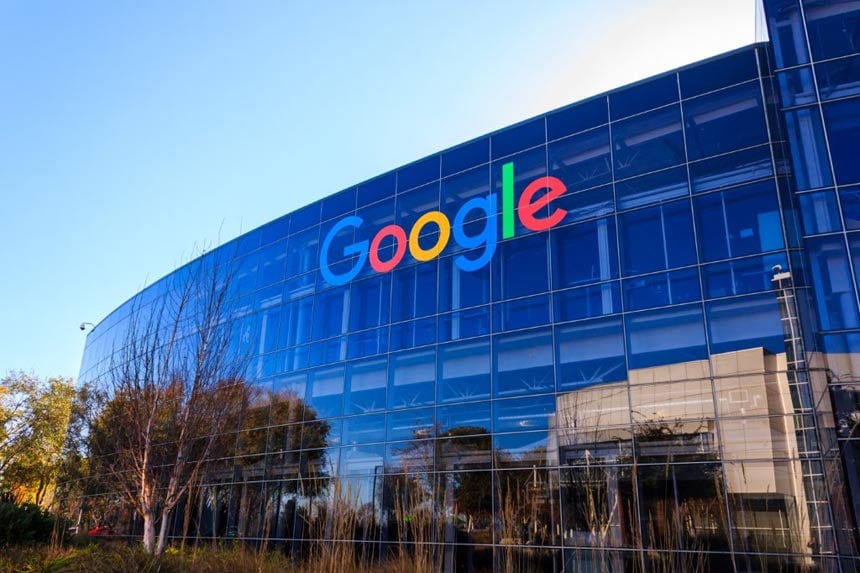It’s not unusual for brand-names to become part of the language, but it IS unusual for that name to become a verb. Since their founding 20 years ago this week, Google has moved from an obscure mathematics term to the name of the most popular search engine to a verbal short-cut for the act of finding anything online. Both Merriam-Webster and Urban Dictionary list “google” in that context as far back as 2004. That leads to the twin questions of “How did Google get so big?” and “How did one company change the language in just 20 years?”
In 1998, Stanford University Ph.D. students Larry Page and Sergey Brin registered the domain name for Google.com in September of 1997, but didn’t incorporate as a business until September 4, 1998. Their initial work came from a research project two years earlier when the duo attempted to figure out a better way to search the internet. The vision was built on the idea of giving the user search results based on factors like the number of sites containing the search term rather than simply the number of times a term appeared on a single site. When they settled on the name “Google,” it was chosen primarily because it represented the idea of information in mass quantities. (The name is actually a misspelling of googol, a word for the number one followed by 100 zeroes.)
Page and Brin’s first headquarters was in a friend’s garage. That friend was Susan Wojcicki, who would eventually become their first marketing manager; today, she’s the CEO of YouTube. The first official hire made by Google was Craig Silverstein; he worked there for 14 years as director of technology before moving on to Khan Academy.

In an online landscape populated by the likes of Yahoo!, AltaVista, and a number of other search engines, Google quickly became the destination of choice. Yahoo was considered easy to use by pros and casual surfers alike, but it’s flaw was that it was dependent on terms being indexed; if it wasn’t indexed, you weren’t going to find it easily. AltaVista could net better results, but you had to be careful with your wording and use of conjunctions to get to the data you needed.
Google essentially combined the two sides, by being easy to use and accurate. Google was also fast, both in terms of search speed and in picking up new and relevant results faster than other engines. For users trying to surf the web in the slower speed times of the late ‘90s and early ‘00s, the arrival of Google meant that they could get to data and destinations faster.
The popular WIRED Autocomplete Interview videos feature celebrities answering Google searches about themselves.
The rise of “google” as a verb started with Larry Page, who invoked the term from the beginning. It caught on quickly. The American Dialect Society recognized “google” as “the most useful” word of the year in 2002. By that point, the word was popping up in dialogue in TV shows like Buffy the Vampire Slayer and Law & Order. That word association, plus aggressive marketing, the successful sales of keyword advertising on the site, and a generally positive reception to the search engine itself, worked together to dramatically increase public awareness of the company. A very successful IPO in 2005 has been followed by years of strong revenue and a parade of products, apps, and acquisitions that includes Gmail, Chrome, the Android system, Google Maps, the Play Store, and YouTube.
Google, Inc. reorganized in 2015, becoming a conglomerate called Alphabet, Inc. with Google as a subsidiary. Page moved to Alphabet as CEO with Brin as President, while Sundar Pichai became CEO of Google, Inc. They further reorganized in 2017, with Google, Inc. becoming Google LLC. None of the reorganization machinations have slowed them down; they pulled in over $110 billion in revenue last year.
Despite, or perhaps because of, Google’s huge success, it’s still what we like to think of as a quintessentially American business story. Two friends in college take an idea and make a business in a friend’s garage, then go on to achieve unparalleled success. It’s about ingenuity, drive, and the ability to make something new. We’ve heard other stories like it, and if you want to find them, all you have to do is . . . well, you know.
Become a Saturday Evening Post member and enjoy unlimited access. Subscribe now



